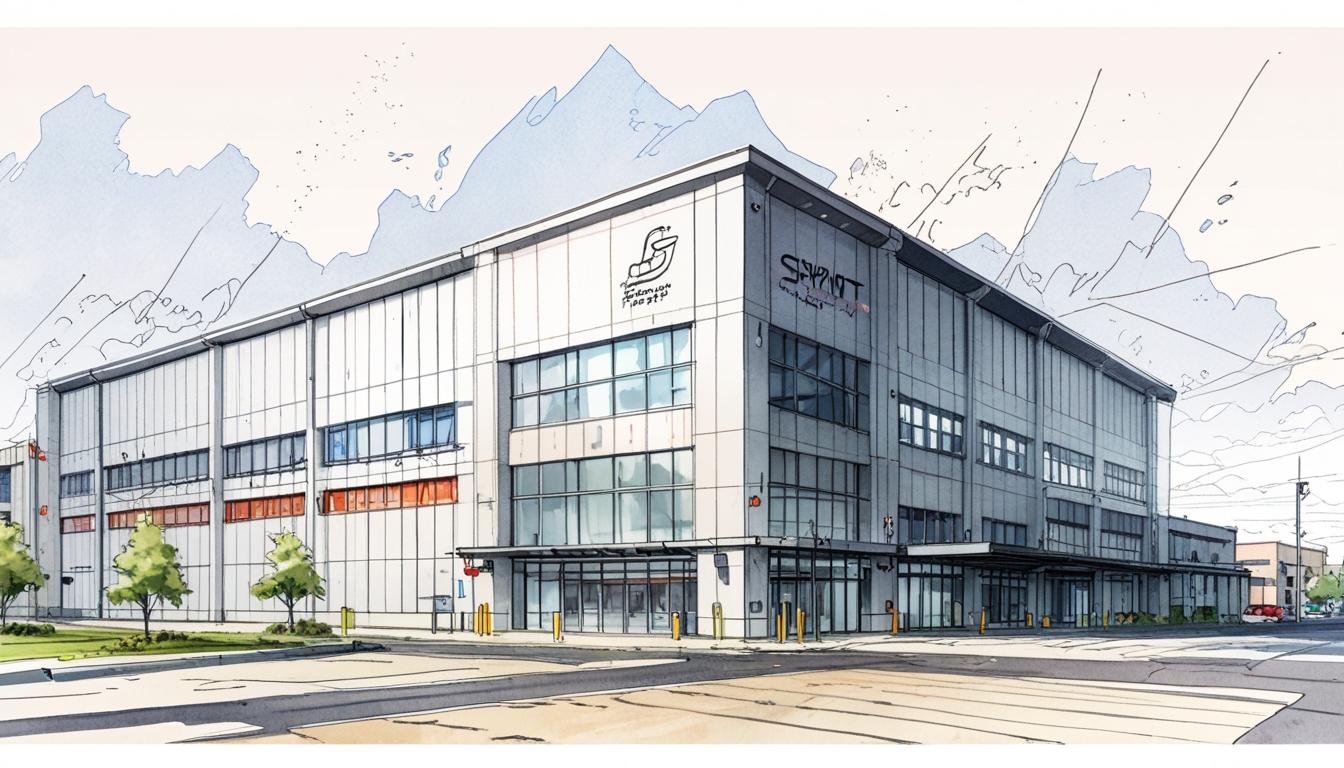Concerns are mounting for Belfast-based aircraft manufacturer Spirit AeroSystems as the impact of stock market declines and new aluminium tariffs introduced by former President Donald Trump begins to reverberate through the industry. The repercussions of these tariffs are not confined to the United States; they are expected to have significant ramifications for companies and economies globally, including Northern Ireland's.
Recent reports indicate that the rapid implementation of tariffs has left many in the business sector apprehensive. The stock markets experienced notable turmoil following the introduction of these tariffs, highlighting how international financial markets respond unfavourably to such trade wars, akin to the financial chaos observed during late 2022 in the UK following the economic policies of former Prime Minister Liz Truss. On this, Bloomberg News commentators have drawn parallels, stating, “Imagine the UK Liz Truss moment, only global.”
Weeks after the tariffs were announced, the White House enacted a strategic pause, introducing a 90-day truce on certain tariffs—though substantial duties remain in place, particularly the 145% tariff imposed on Chinese goods. Despite this manoeuvre, analysts note that the strain on global bond markets is severe. Speaking on the subject, Séamus McGuinness, a professor at the Economic and Social Research Institute (ESRI), observed, “The fallout from White House tariffs on the all-Ireland economy will not be known for some time.” A forthcoming report from the ESRI is anticipated to detail the ongoing effects of Brexit, suggesting that while the Windsor Agreement has somewhat alleviated the economic strain on Northern Ireland, challenges persist.
Within this uncertain economic landscape, Stephen Kelly, chief executive of the business group Manufacturing NI, has highlighted the importance of international trade for Northern Irish manufacturers, particularly those involved in sectors such as pharmaceuticals, aerospace, and food production. He stated that while the value of goods exported to the US by Northern firms is a fraction of what Republic-based companies export, the southern figure of €73 billion (£63 billion) belies the significant number of manufacturing jobs supported in the north.
As companies such as Spirit AeroSystems grapple with the twin challenges of tariff-induced market instability and potential ownership changes—stemming from the planned acquisition by Boeing—thousands of jobs could be directly impacted. Spirit AeroSystems, which employs 3,700 people in Belfast, is currently under scrutiny following a panel blowout incident last year on a Boeing Max 9 aircraft, compelling Boeing to accelerate efforts to reintegrate its suppliers.
Similarly, other enterprises, including Pfizer, Apple, Terex, and AbbVie, are facing their share of difficulties. These US companies, with substantial operations in Ireland, collectively employ thousands across multiple locations. Pfizer, renowned for its COVID-19 vaccine, is seeing its shares decline alongside concerns of potential future tariffs on pharmaceutical goods. Meanwhile, Apple's significant workforce in Cork is navigating challenging waters in light of the tariffs, which could disrupt global supply chains and inflate product costs significantly.
The market responses have been poignant, with various companies witnessing stock price drops and reevaluations of their worth. For instance, SpiritAero shares have seen a significant fall, valuing the company around $3.85 billion, while Terex's shares traded nearly 25% lower than their value at the beginning of the year, reflecting a broader trend of uncertainty.
As stakeholders closely monitor developments, the focus remains on how these factors will play out for Belfast’s Spirit AeroSystems and other companies, amidst a backdrop of fluctuating market conditions and evolving trade policies. The situation underscores the complexity of international trade relationships and their tangible impacts on local economies.
Source: Noah Wire Services
